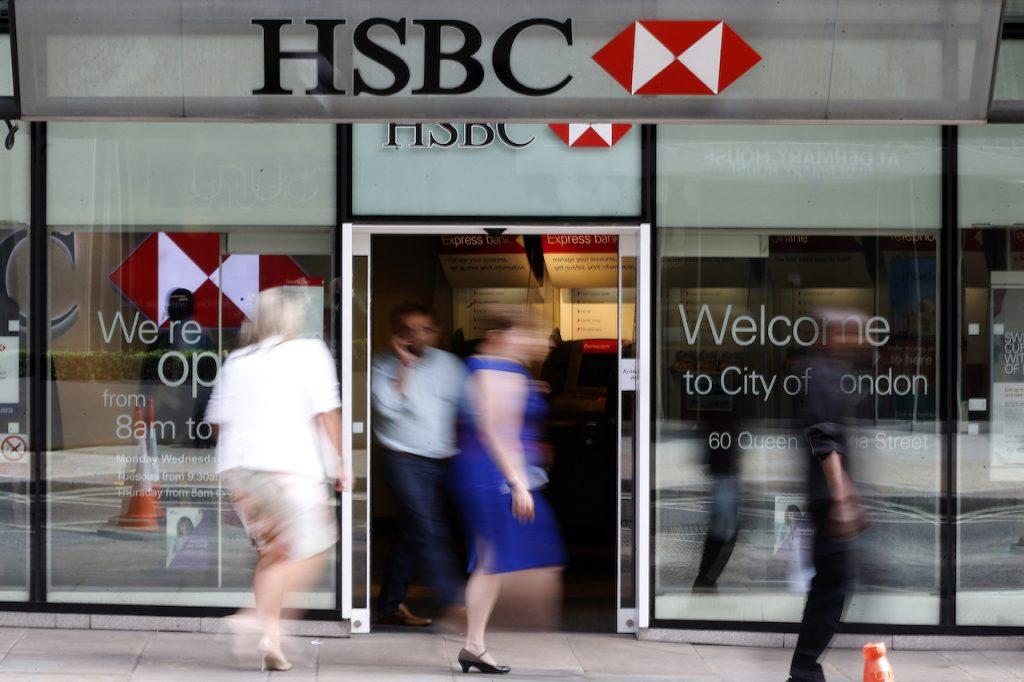HSBC forecasts brighter outlook as Asian profits surge
HSBC plans to shrink its office space by 40% in a post-pandemic shake-up which includes embracing 'hybrid working'.
Just In
HSBC has reported stronger than expected profits and says the economic outlook is looking brighter.
Europe’s biggest bank reported income of US$5.8 billion for the January-to-March period, up from US$3.2 billion a year earlier.
The bank says it is on track with its restructuring plan, including cutting 35,000 jobs and focusing on earning more client fees in Asia.
The jump in profits marks a turnaround for HSBC, which reported a 34% drop in profits for 2020, partly due to the impact from the coronavirus pandemic.
Noel Quinn, HSBC’s chief executive, said the bulk of the bank’s profits came from Asia, where HSBC made US$3.8 billion, but he said it was profitable in all regions, with its UK business reporting profits of US$1 billion.
Although HSBC said it expected better economic conditions in 2021, it predicted continued uncertainty as countries emerge from the pandemic at different speeds and as governments reduce support measures.
“There doesn’t look like there is an immediate cure for the bank’s underlying ailment, the ultra-low rates plaguing the banking sector,” said Susannah Streeter, senior investments analyst at Hargreaves Lansdown.
“HSBC is not alone in feeling the squeeze of net interest margins, which tightened again slightly over the quarter,” she said. “The outlook remains highly uncertain. HSBC’s resilience could be tested as governments remove the arms of support that have been wrapped around their economies to help them limp through the crisis.”
In mid-April, Quinn abolished the executive floor at HSBC’s London HQ meaning that top managers have lost their offices and will have to hot-desk on an open-plan floor.
“My leadership team and I have moved to a fully open-plan floor with no designated desks,” he said, adding that he would no longer come in five days a week.
HSBC plans to shrink its office space by 40% in a post-pandemic shake-up which includes embracing “hybrid working”.
Up to now, senior managers have been based on the 42nd floor of the building in east London in their own private offices but from now on they will be jostling for workspaces two floors down, while their old offices have been transformed into client meeting rooms.
Quinn told the FT that the old arrangement had been “a waste of real estate”, adding: “Our offices were empty half the time because we were travelling around the world.”
He added that most staff at the bank would be able to work part-time from home in future.
Other firms in the finance sector have announced plans to embrace hybrid working as employees signal their desire to commute less.
One big UK employer, the Nationwide building society, has indicated that it does not intend to force its 18,000 employees to return to the office if they have been successfully able to work from home during the pandemic.
It said about two-thirds of its staff had been working from home for the past year.
Subscribe to our newsletter
To be updated with all the latest news and analyses daily.
